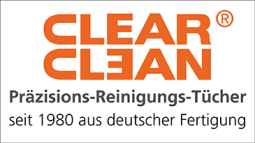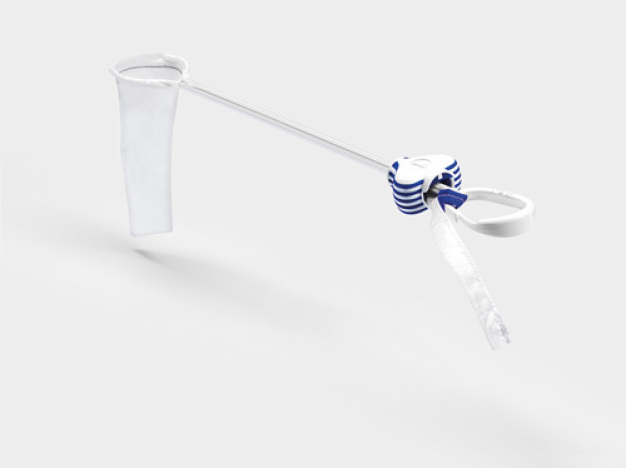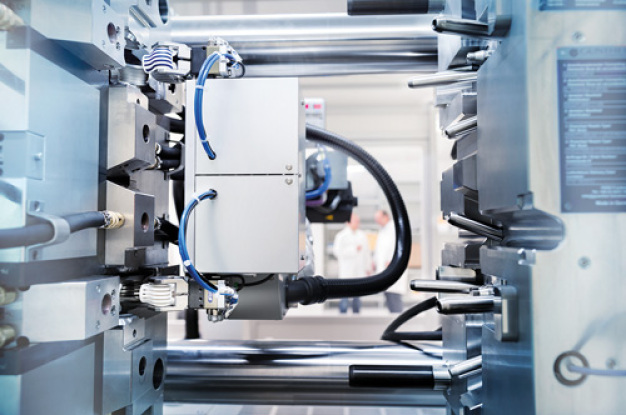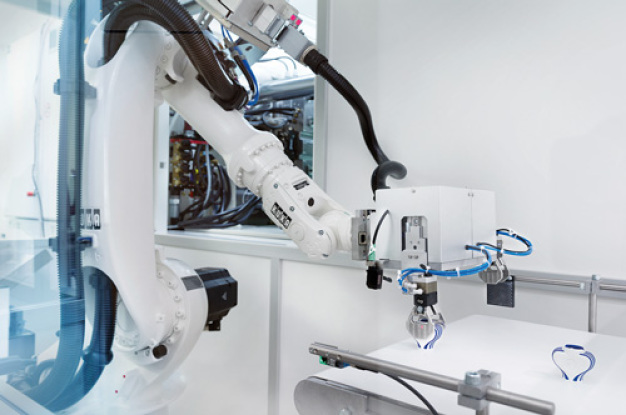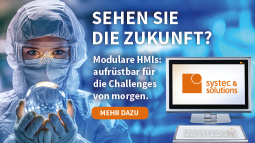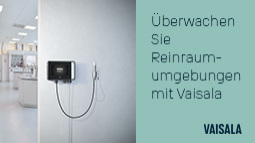Stable and durable thanks to innovative construction materials
wezi-med produces biocompatible plastic components for surgical instruments
With the further development of its WG100, WG112 and WG160 specimen pouch models, medical technology manufacturer Espiner Medical provides surgeons with pioneering instruments for tissue and organ extraction. The use of innovative polyamides means that the specimen pouches are exceptionally safe and easy to use thanks to their improved stability and durability. Espiner Medical turned to wezi-med’s comprehensive expertise when it comes to the production of biocompatible plastic components: The systems supplier of medical plastic products and parts developed a fully automatic, two-component injection moulding process that fully satisfies medical product manufacture requirements in accordance with Cleanliness Standard ISO 8.
The particular challenge lay in developing a multi-component injection moulding tool that uses no oil or grease-containing lubricants and yet allows abrasion-free operation. The task also involved avoiding the use of hydraulics and compressed air in the production of plastic components, in order to ensure maximum cleanliness. “As part of the Weber Group, wezi-med looks back on over 50 years experience in the fields of research and development, injection moulding of plastics and mould making. The expertise from wezi-mould’s mould technology division combined perfectly with our expertise in the production of medical plastic products,” says Oliver Brück, Head of Technology, wezi-med division. “As a full service supplier for plastic components, we offered Espiner Medical not only a solution for the cost-efficient production of 2K injection moulded parts with shortened times to market, but we also met all of the requirements for the production of medical technology products.” Following up on the analysis of the ideal thermal, mechanical and rheological conditions, the development and design engineers built tools for the production of components that not only guarantee the best mould and surface quality, as well as ideal interior mould piece properties, but also the required reduction in particle emissions during the production and demoulding processes. As a result, for the lubrication- and abrasion-free production of the plastic components cavities made from corrosion-resistant steels are used. The release of ultra-fine plastic particles is completely avoided through the injection of two plastics via a thermally insulated, high-temperature gating system with valve gates. Only lubricant-free runs are used, too.
To produce the handle of the specimen pouch models, the so-called valve block, wezi-mould designed a complex injection moulding tool with two cavities and a collapsible core. The first work step involves injection of the hard part components into the lower cavity. Following the cooling process, the moulded part is transferred via a robot arm to the upper cavity. Once the tool is closed, it is completely surrounded by the contour-providing mould parts of the upper moulding cavity and the molten plastic is injected into it. During the same step, a further hard part component is produced in the lower cavity. “The production of the valve block using complex geometry as a 2-component-one-shot step makes the time-consuming assembly of the component unnecessary, thereby allowing us to cut unit costs. Possible component flaws can also be markedly reduced with this method,” says Stefan Nix, Project Manager, wezi-mould division. In addition to developing and building the tools for the valve block, the company based in Dillenburg, Germany, is also responsible for developing injection moulding tools for two further plastic components in the tried-and-tested specimen pouch models, as well as their serial production.
The use of innovative polyamides means that the sophisticated instruments, which are used to safely remove organs and tissue during minimally invasive surgery, offer more safety both for doctors and patients: While the hard part components of the valve block ensure the required stability and durability, the soft part components deliver an improved feel, optimized ergonomics and simpler and more intuitive handling of the specimen pouches.
Weber GmbH & Co. KG
35683 Dillenburg
Germany
